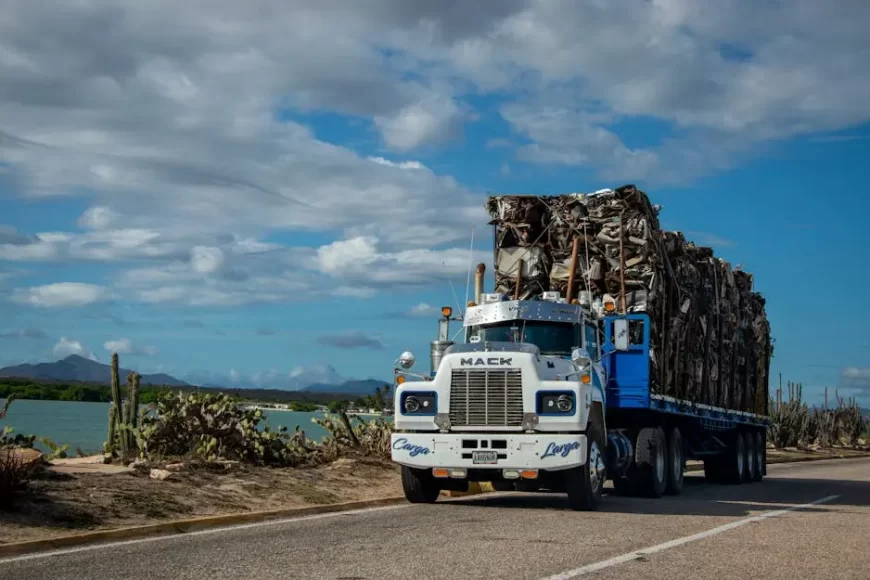- October 20, 2024
- By
- In Uncategorized
- 127
- 0

Transporting large equipment can be a daunting task, whether you’re managing a construction project or moving industrial machinery. In this FAQ blog, we’ll explore if towing companies are equipped to handle such tasks. We’ll dive into the capabilities of towing services, what to consider when hiring them, and tips to ensure smooth transport.
Towing companies often have a range of equipment suited for different transport tasks. From specialized trailers to heavy-duty tow trucks, these companies are equipped to handle varying sizes and weights of machinery. It’s essential to confirm their capability to handle your specific equipment needs.
Many towing companies employ specialized trailers like flatbeds, which are common for transporting different types of heavy equipment. For instance, a simple flatbed can carry up to 48,000 pounds, making it suitable for various equipment. The versatility of flatbeds allows for easy loading and unloading, simplifying the transportation of machinery significantly.
In cases involving oversized equipment, step deck and double drop trailers might be necessary to accommodate taller or bulkier items. These specialty trailers often require obtaining permits, which towing companies can usually help arrange. This ensures the smooth transit of special equipment while adhering to legal requirements.
When selecting a towing company, ensure they have experience with large equipment. Verify their licensing and insurance to protect your investment during transport. It’s also advisable to read reviews or ask for references to gauge their reliability.
An essential aspect of hiring a towing company for large equipment transport is understanding the level of insurance coverage they provide. According to industry standards, licensed transporters should have liability and cargo insurance to cover possible damages during transit. Knowing the terms and coverage limits of their insurance can spare you from unexpected costs.
Check if the towing company offers additional protection plans. For example, companies like uShip provide options such as the uShip Protection Plan for added security. This plan can be especially useful if you find the standard insurance insufficient for your equipment’s value.
Transporting large equipment may require special permits depending on size and destination. Towing companies often assist with the paperwork needed to comply with regional transport laws. Clarifying this aspect prevents potential legal issues.
Permits are usually mandatory for oversized loads or when crossing state lines. Companies specializing in heavy equipment transport understand the intricacies of these requirements and can guide you in securing the necessary permits. It’s important to communicate with your chosen provider to ensure all legalities are covered prior to the transport.
To ensure a seamless transport experience, communicate all details about your equipment, such as size, weight, and any special handling instructions. Scheduling the transport during favorable weather and traffic conditions can also contribute to a trouble-free service.
When preparing your equipment, consider steps like securing movable parts or wrapping sensitive components, which might be suggested by your service provider. Preparing ahead of time can significantly mitigate risks during transport, ensuring your machinery arrives intact.
Engage in clear communication with your towing company. Discuss timing, routes, and any other logistics well in advance. Additionally, verify all permits and documentation are ready to prevent delays and facilitate a smooth overall process.
In conclusion, towing companies can indeed manage large equipment transport, given the right resources and expertise. By assessing their capabilities, understanding the necessary permits, and communicating your specific needs, you can ensure a successful transport experience. Always ask questions and choose a towing company that aligns with your equipment transport requirements.